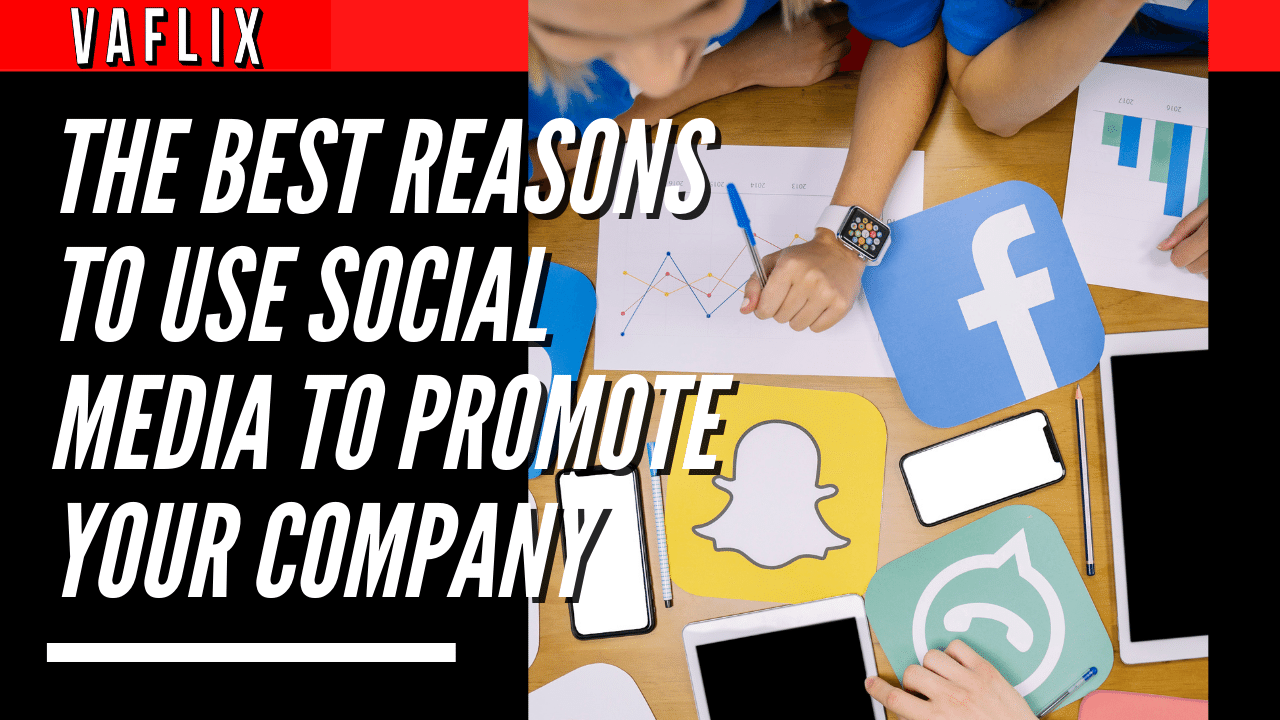10 Requirements For Each Small Business
Thinking of Hiring a Virtual Assistant?
Concentrating on the particulars of the situation is the most effective way to get past the majority of the challenges that come with starting a business. Mastering the basics is essential to one’s success, as any competent coach will tell you at some point in your training. Be sure to keep these ten important guidelines in mind if you are thinking about beginning a new venture, such as a small business.
1. You need to manage your cash.
Small businesses fail most often because they don’t have enough cash, not because they don’t make enough money. You need to do good cash planning and really understand the things in your business that can affect your cash.
Do you buy products?
How much money should you have?
Do you collect payments from clients?
How long does it take them to pay you?
Do you have any loans that you need to repay?
Do you hire contractors?
Do you depend on supplies that vary in price due to market conditions (fuel for instance)?
Your company has a number of “levers” that can change your cash flow. You MUST be aware of those levers.
2. You need to develop a data-based culture.
The better your business decisions are, the more data you can track and how you can use it. While making “gut feel” decisions in business is inevitable, it is always preferable to prepare your gut as much as you can with the available data.
You can make decisions that will grow your business and keep you on track by monitoring your key performance indicators (KPIs) and comprehending why they increase or decrease.
3. You need to engage in Lean Planning.
Instead of creating a lengthy written document that is only used once and then filed away, it is important to create a strategic and financial plan and track it regularly.
Planning is a continuous process that should be used to understand the assumptions you have about your company and determine whether they are accurate or if you need to change them.
In America, 60 percent of small businesses fail because of a lack of cash, not a lack of profits. By using lean planning, you can quickly identify whether you made any incorrect financial assumptions that will ultimately have a negative impact on your cash. Perhaps you believed that you would receive prompt payment every 30 days.
You can quickly determine if you are actually getting paid every 45 days (instead of every 30 days) by engaging in ongoing planning and then monitoring the results of your business compared to your plans. If this is the case, you can quickly and appropriately increase your credit line and keep your business’s cash flow healthy—before you run into trouble.
Lean planning is done using LivePlan’s Dashboard, an intuitive planning and financial tracking tool that integrates with a company’s QuickBooks account to make tracking simple and automated.
4. You need to understand your margins on all your products and services.
I’ve worked with a lot of small businesses that only know their bottom line and not how each product or service and its profit margin adds to (or takes away from) the bottom line.
A small business commercial banker I talked to recently was trying to help a client get their business ready to sell. It had been in business for 20 years and made $20 million in sales each year. Because their profit margins were so low, the owners were shocked and saddened to find out how little their business was worth.
In a business that was worth $20 million, they were only making about $110,000. When they looked into the business, they found that multiple product lines with bad margins were dragging down the profits. If they had gotten rid of those product lines, they would have only made about $13 million in sales, but they would have made a profit of over $1 million.
5. You need to have a strategy for recruiting and retaining talent.
We’re always looking for good people to work for us, so we make it a point to keep an eye on talent in our area and come up with great programs and perks to keep them.
Think about the culture of your company and what you want it to be, and make sure that culture plays a role in who you hire. Linkedin is a tool we use often to find and hire talented people.
6. You need to listen online every day.
Even if you only work from 9 a.m. to 5 p.m. Monday through Friday, your business is “always on.” Every business should set up online alerts to find out what their customers are saying about them, their competitors, and the market as a whole.
Google Alerts is a great (and free) way to “listen” to the web. Find out right away if a customer gives you a bad review or if someone online loves your business. Use these tools to keep up with the talk and turn it to your advantage.
7. You need to engage in marketing that gives you ROI.
Many small businesses tell us they don’t know how to market. Where do they want to spend their money? Does it work? Should they put ads on the radio or on the Internet? Should they listen to the salesperson from Groupon or Comcast who wants to sell them on giving out coupons to a large number of people or buying local TV ads? What works? What doesn’t?
Small business owners need to start where it’s free and easy to do so. Start by making connections with businesses and business owners in your area. Find out what works for them. Use your website and Google Analytics, which is a free tool, to find out how and where people find your website.
Talk to your customers and ask how they found out about you. And when you do advertise, you should figure out how to keep track of it. Make a deal and keep track of it. Offer only one product or service. Find out what works and what doesn’t, and then do the things that work again. Don’t spend money if you aren’t going to be able to measure the results.
8. You need to talk to your customers.
Customers should be talked to as often as possible by every business. Talk to them at least a few times a week, if not every day, if you run a store. Figure out what they like and don’t like.
If you have an online business, send a quick survey to your customers or ask them a few questions after they check out. Call them. People like to talk, and they like it when you ask them what they think. Even though it may be hard to hear the bad feedback, it’s important to do so so you can learn how to improve your business for your customers.
9. You need to know your competitors.
You need to know who your direct and indirect competitors are and how they work. You should always be aware of what your competitors are doing, how they market, what their prices are, etc.
You may be unique in your town, or in your industry and not have direct competitors—but that doesn’t mean you don’t have indirect competitors. A local do-it-yourself tie-dye shop in my town has no direct competitors.
But they have events with activities and compete with other places that host birthday parties and group events. They also have to deal with other tie-dye sellers at Saturday Fairs and Markets. Even though they don’t have direct competitors, they need to know how to stand out from all the indirect ones.
10. You need to have a higher purpose: a mission.
People like working for companies that are about more than just making money. That doesn’t mean you can’t have sales and profit goals. It just means that your employees will work harder and be more loyal if they feel like they are part of a bigger mission.
Customers also like to hire businesses they think are honest and care about what they do. This is something that VAFLIX is known for doing well. You can hire great Virtual Assistants from us to help your business. As an agency for virtual assistants, business owners love VAFLIX. Do you need one? Message us now!



















